Carter's Unfocused, One-Track Mind
Select Format
Select Condition 
You Might Also Enjoy
Book Overview
Customer Reviews
Rated 5 starsAdorable story just right for my little guy!
My 8 year old was having a hard time with his 3rd grade multiplication tables when this title caught my eye. How appropriate was this book! Even had he not been in a similar predicament as the books' main character, my son would giggled just as much! A tale well written and close to home, it was a great book for us to read together. I especially recommend it for those reluctant readers, as it's a fairly easy read without...
1Report
Rated 5 stars7x9=trouble
I recommend this book for kids that are having trouble in math,because in the book there are some multiplication rymes,and,patterns that will help kids with there times tables.
0Report
Rated 5 starsHelp for struggling math students
This title is a terrific book share or read aloud with students from 3rd and 4th grades (some 2nd graders) as they are struggling with learning the more difficult times tables. Currently having a groups of 3rd grade readers, and a granddaughter, who are trying to learning them now, they relate well to the character who agonizes over the nine times tables, among others. He is rescued by a classmate who shares some practical...
0Report
Rated 5 starsThird Grade Class Review
This book is so cool! We like the way it talks about math. The main character is Wilson. It takes place mostly in a school. Wilson is a third grader, like us. He has until March 16th to pass all of the multiplication tests through the twelves. He is having a hard time learning them. At the beginning of the book, he has only passed the threes. Read this book to find out if he learns the times tables in time to earn...
0Report
Rated 5 starsThe agony of memorizing multiplication tables!
Remember grade school when your teacher made you memorize the multiplication tables? Remember how hard it was to keep them straight long enough to pass off each set? Remember how much you wanted to earn the ice cream reward once you learned them all? Remember how everyone learned them faster than you? Wilson Williams knows exactly how you felt. He's stuck in the middle of multiplication and everyone in his class-Heck, even...
0Report













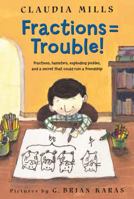
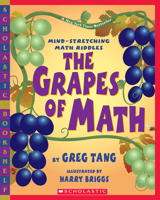
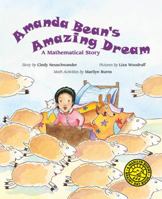
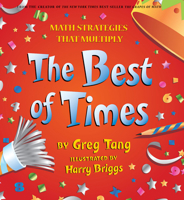
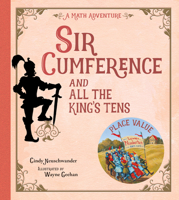
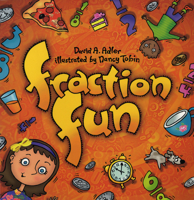
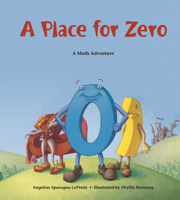
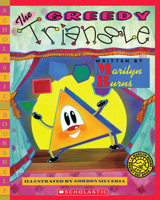
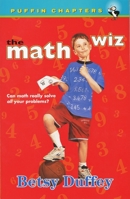
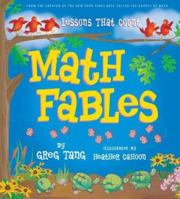
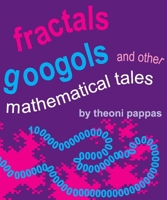
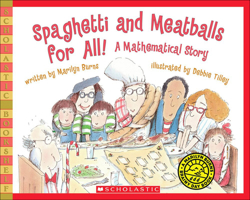
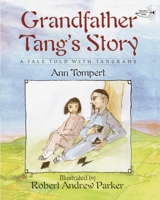
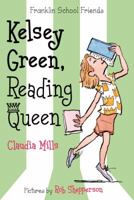
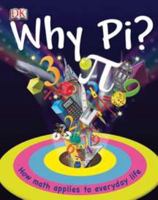
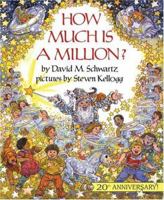
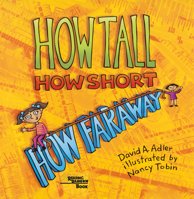


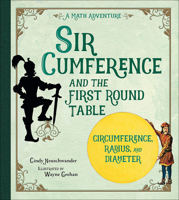



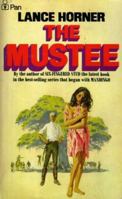









![By Lance Horner - Flight to Falconhurst (1981-06-27) [Mass Market Paperback]](https://m.media-amazon.com/images/I/31jlhCEn27L._SL200_.jpg)









